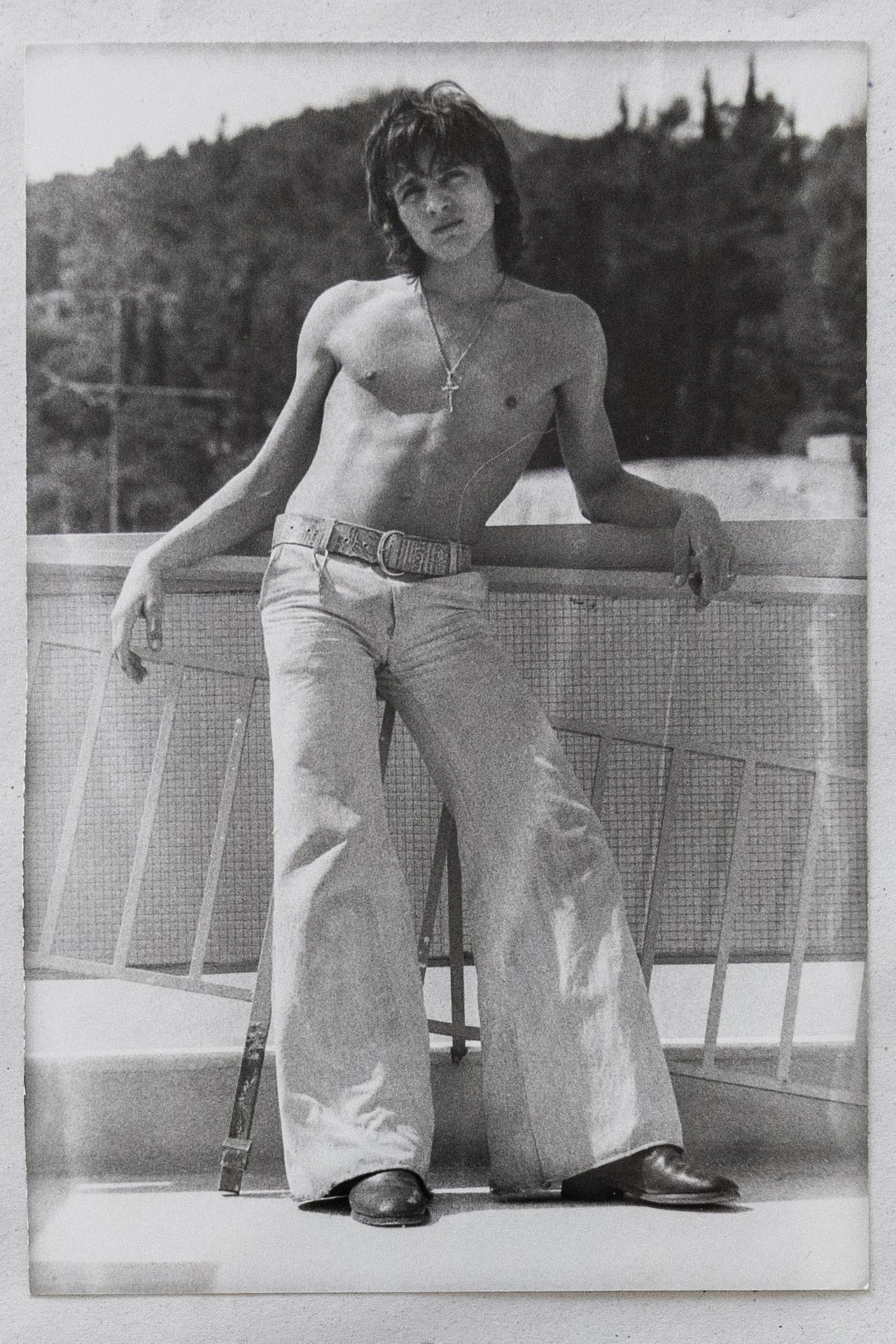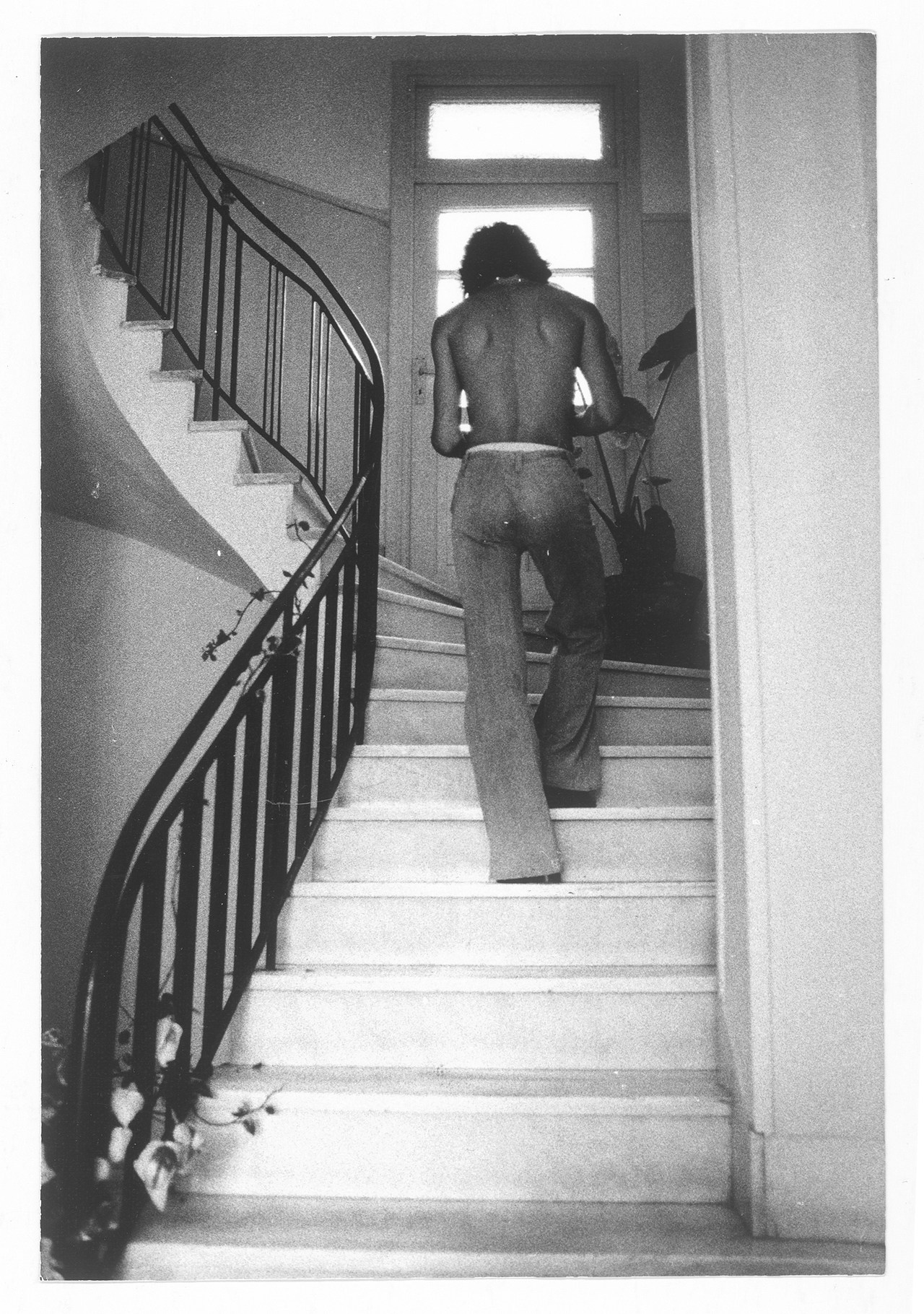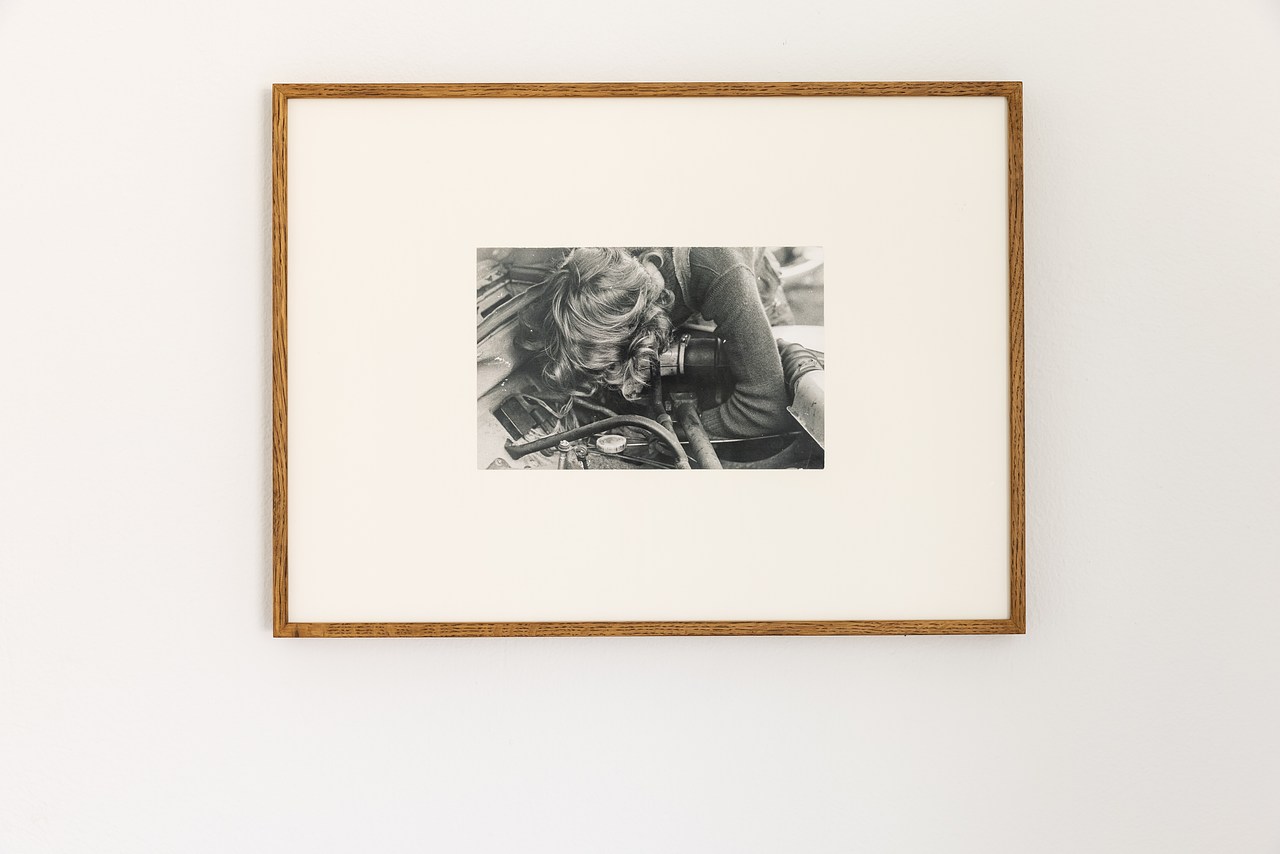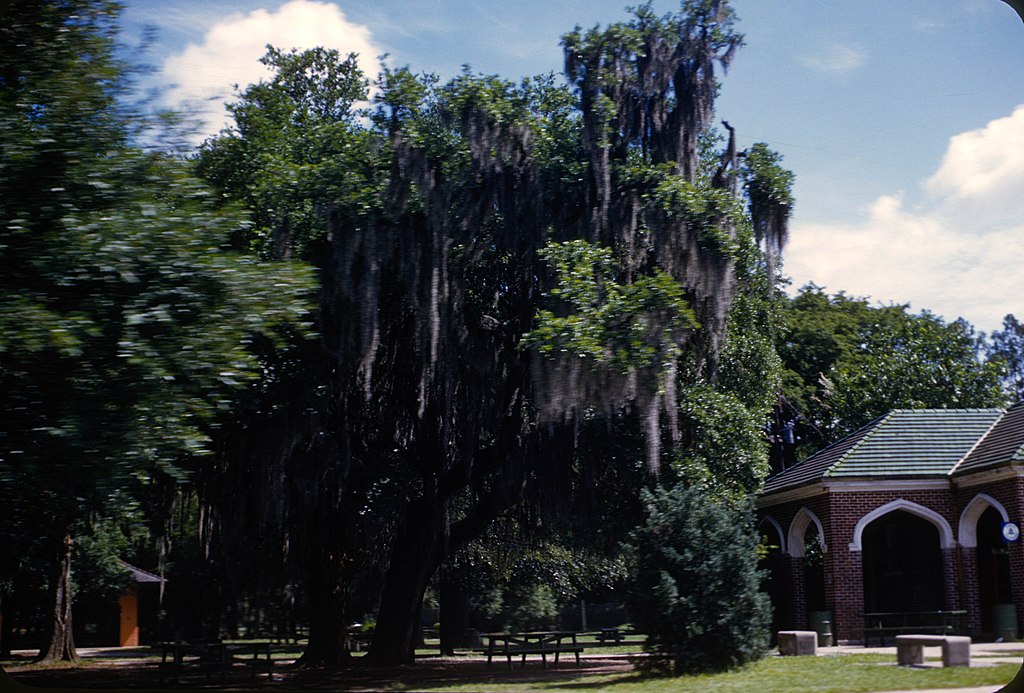Recent political events have me considering the way our history shapes the books that writers write and publishers publish. After the summer of protests in 2020, publishers have made an attempt to push forward more books by authors of color and diversify the industry overall. As for recent events, I’m wondering how the overturning of Roe v. Wade will influence book trends.
Women have of course written books throughout history, and the best ones reflected the difficult realities of the time. Jane Eyre by Charlotte Brontë focused on a woman making her way through the world with limited options. The Millstone by Margaret Drabble (published in 1965) follows a woman who decides to raise a baby alone, despite the intense societal pressure to marry. After Roe v. Wade, stories written by women for women became much more common and not all were focused exclusively on marriage and motherhood.
The History of Roe V. Wade
Since 1973, women and people who were assigned female at birth (AFAB) have had the legal right to abortion in the United States. The landmark case Roe v. Wade in the Supreme Court set the precedent for the legal right to abortion across the United States. Though it was never codified into federal law, from 1973 to 2022, the legal right to abortion was protected by default. That changed on June 24, 2022, when the Supreme Court ruled on Dobbs v. Jackson Women’s Health Organization, effectively overturning Roe because the right to abortion was not “deeply rooted in this Nation’s history or tradition.”
It’s important to understand this basic history and how radically things can change with expanded access to one legal right. Before Roe, women got married and had children at much younger ages. The average age of first-time American mothers in 1970 was under 22. Today, more women are able to choose to wait for marriage until they are ready for it, with the average age of marriage steadily climbing since 1970.
Ready means a variety of different things: financially, socially, but also emotionally. For a lot of women, this meant joining the workforce first and advancing their careers in fields that were previously closed off to women. This was especially important for women becoming lawyers and spearheading cases that gave women even more access to formerly restricted rights.
Copyright
© Book Riot










